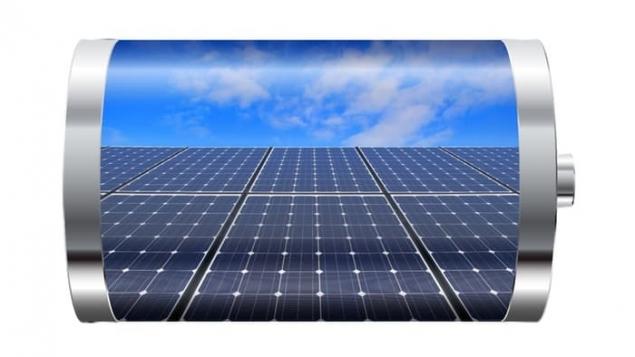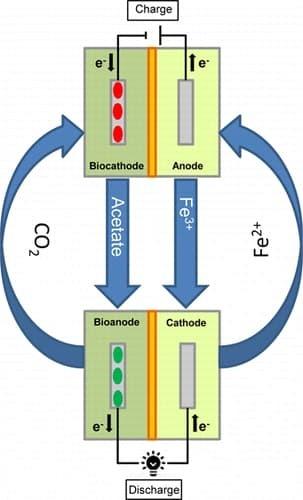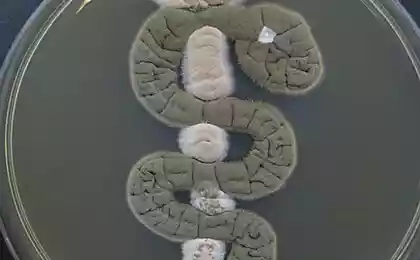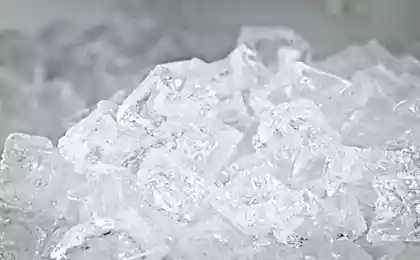486
The battery, which is recharged by bacteria
Inside your body, a harmful type of bacteria may deprive you of energy. Inside the battery, as it turns out, the right type of bacteria can cause a burst of energy that can help recharge our gadgets.

This finding of researchers from the Netherlands, have developed battery-based bacteria, which in the state of charge and discharge 15 times in a row.
Battery combines two technologies. Firstly, a microbial fuel cell in which electricity is produced when electrons are lost and going to one molecule of the other, during the oxidation / reduction reactions.
Second, microbial electrosynthesis, a process in which the generated power is converted back to the chemicals which can be reused in the battery.

During the test, the researchers charged the battery for 16 hours and then were able to get eight hours energozaryada that reproduces the behavior of traditional solar panels.
The creators of the battery, Sam D. Molenaar (Sam D. Molenaar), and colleagues from Wageningen University and the Academy of the Netherlands Vetsus believe that with further optimization of the battery on the basis of bacteria able to compete with lithium-ion batteries in performance, while offering lower costs and greater security.
One of the possible applications of the battery - it is an accumulation of energy from renewable sources such as solar and wind.

This finding of researchers from the Netherlands, have developed battery-based bacteria, which in the state of charge and discharge 15 times in a row.
Battery combines two technologies. Firstly, a microbial fuel cell in which electricity is produced when electrons are lost and going to one molecule of the other, during the oxidation / reduction reactions.
Second, microbial electrosynthesis, a process in which the generated power is converted back to the chemicals which can be reused in the battery.

During the test, the researchers charged the battery for 16 hours and then were able to get eight hours energozaryada that reproduces the behavior of traditional solar panels.
The creators of the battery, Sam D. Molenaar (Sam D. Molenaar), and colleagues from Wageningen University and the Academy of the Netherlands Vetsus believe that with further optimization of the battery on the basis of bacteria able to compete with lithium-ion batteries in performance, while offering lower costs and greater security.
One of the possible applications of the battery - it is an accumulation of energy from renewable sources such as solar and wind.
























